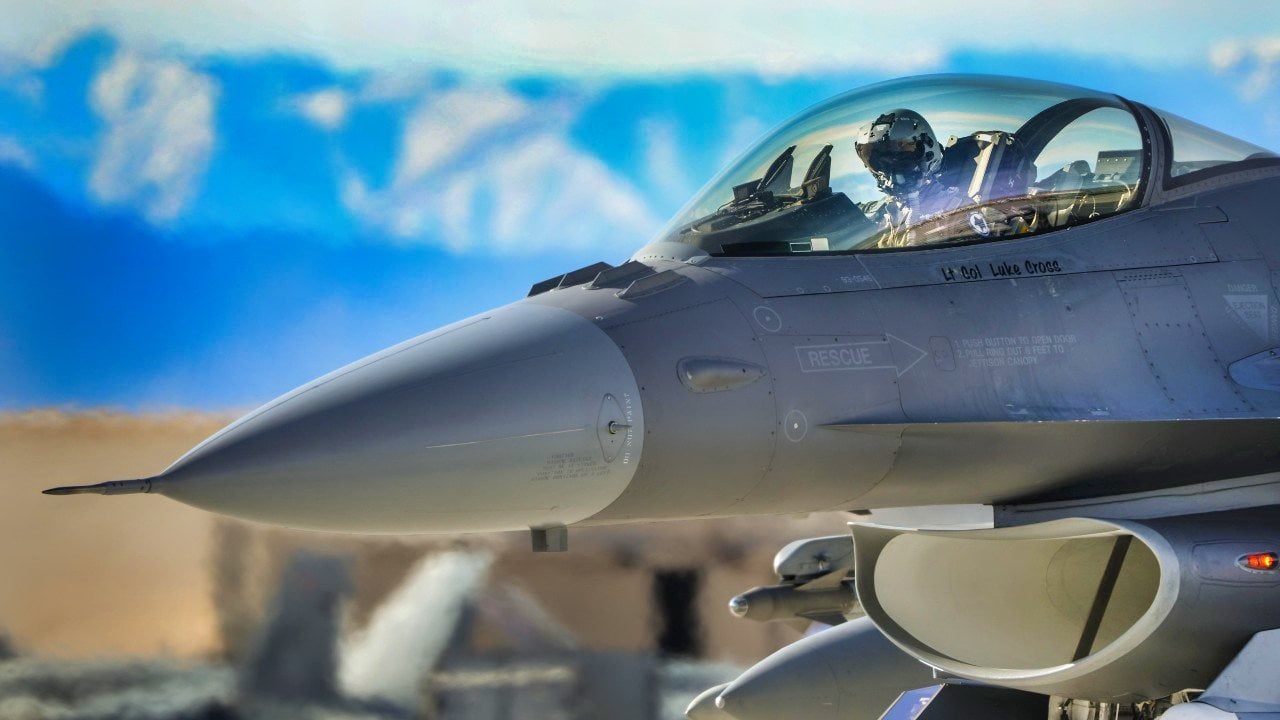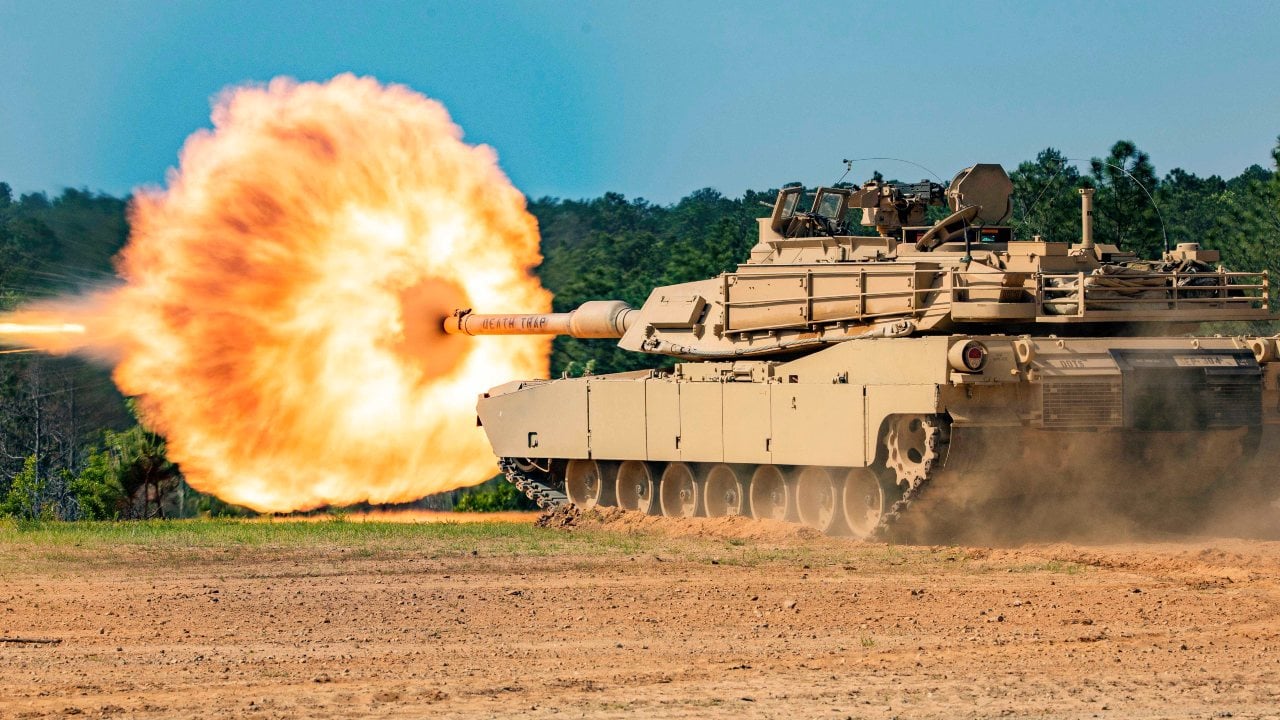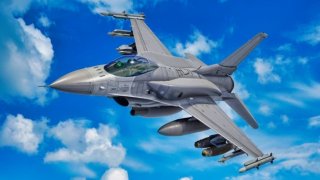Ukraine War: What Would Brent Scowcroft Do?
Fifteen years ago, Scowcroft observed the United States had entered an era where it could no longer accomplish its goals unilaterally. We are still in that era.
As Brent Scowcroft’s biographer, I get asked what he would advise on Ukraine. With Ukrainian president Zelensky still requesting more military and financial assistance, with members of Congress and the American public split on the U.S. government’s handling of Ukraine, and with the future U.S. commitment to supply Ukraine unclear, what would Scowcroft advise?
This is a thought experiment. My analysis here is based on dozens of conversations I had with General Scowcroft and others before writing a biography of the man whom foreign policy experts and defense intellectuals regard as the single best national security adviser since the position was created in 1947. My judgment—and others who knew him may differ—is that Scowcroft would look for a way to end this deadly, destructive, and costly war.
Scowcroft practiced and believed in what he called “enlightened realism.” In other words, the United States is best served by promoting a stable international system and protecting Americans’ own blood and treasure. He accepted foreign governments as they were, thereby facilitating a predictable international system, and worked with other nations to create a safer, more prosperous world. So there was good reason why President George H.W. Bush and Scowcroft—Bush’s most trusted adviser—did not want to “dance on the Wall” after the collapse of East Germany in 1898. Disrespecting and humiliating Moscow could have incited disastrous consequences in central Europe and among the (former) Soviet republics.
Scowcroft was accordingly wary of enlarging NATO following the collapse of the Soviet Union. In a series of op-eds written in the mid-and late-1990s, he and his co-authors argued that establishing solid economic and political institutions in the former Soviet satellite countries of Eastern Europe should precede NATO membership. To move “NATO’s borders closer and closer to Russia” and replace the iron curtain with an “iron ring” around Russia—“a country scarred by repeated invasions from the West,” Scowcroft observed—would cause “much Russian bitterness.” It would “distract Moscow and Washington from profound common dangers,” such as arms control and nuclear proliferation, and lead a “cornered” Russia to “look East and South for strategic partners.”
NATO expanded into Eastern Europe anyway, of course, setting the stage for the current conflict. But once Russia invaded, Scowcroft would have wanted Ukraine to have the equipment, real-time information, cyber capabilities, and other resources needed to halt the Russian invasion. This seeming reversal of position, not unlike Scowcroft’s support in 2007 for the “surge” of U.S. troops in Iraq after his earlier opposition to the 2003 invasion of Iraq, was based on his opposition to foreign aggression and his acceptance of the world as it was. Ukraine, supported by the United States, NATO allies, and other countries, could repel the Russian invasion better than anyone could have imagined.
Nearly two years on, however, the war is at a standstill. An estimated total of 500,000 people have been killed or injured, according to U.S. estimates, with more than 70,000 Ukrainian troops killed, over 100,000 wounded, and 10,000 Ukrainian civilian deaths. Thirteen million Ukrainians have been displaced both within and without of the country. Russia has inflicted more than $150 billion worth of damage to homes, apartment buildings, roads, railways, industrial sites, farmland, and other facilities. Meanwhile, over 120,000 Russian soldiers have been killed and another 180,000 wounded.

Scowcroft would look for ways to halt this death and destruction, to hold onto the United States’ dwindling stocks of weapons, and to limit U.S. spending, where the United States has already given more than $110 billion (including $44 billion in military assistance) to Ukraine and is being asked for more. The last thing Scowcroft would want is another “forever war” (almost eight out of ten Americans believe the war in Ukraine “will continue without a resolution for a long time,” according to a recent CNN poll). He learned from his own experience in the Nixon and Ford administrations how the absence of a plan to end the Vietnam War led to its unnecessary prolongation and the humiliating evacuation in April 1975. Conversely, Scowcroft and the Bush administration consciously limited the 1991 Gulf War by having U.S.-led coalition forces stop at Iraq’s borders, by leaving Saddam Hussein in power, and by preempting the risk of regional instability. They readied for the disintegration of the Soviet Union and the end of the Cold War by leaving the institutions of the Russian government in place, ensuring that the Soviet nuclear arsenal was under centralized Russian control, and allowing Russia to replace the Soviet Union on the U.N. Security Council.
So what would Scowcroft advise?
Statesmanship. Demonizing Russia, as easy as it is to do, is unhelpful. Recall that Abraham Lincoln refused to demonize the South or the Democrats during the Civil War. The United States is most effective when it proceeds unobtrusively, acts practically, and leads by example—think Teddy Roosevelt’s “speak softly and carry a big stick” and Joseph Nye’s “soft power”—rather than when it vilifies its opponents. Even during the worst moments of the Cold War, Scowcroft and his colleagues in the Nixon, Ford, and Bush 41 administrations maintained diplomatic ties with their Soviet and Chinese counterparts, worked to limit the scope and intensity of conflicts, and engaged in areas of mutual interest. Statesmanship means adopting a “win-win” mindset when so many issues—trade, climate change, nuclear proliferation, immigration, etc.—demand that the United States cooperate with Russia, China, and other countries.
Play the Long Game. The United States and NATO can locate areas of joint interest with and of mutual benefit to Russia (e.g., trade, energy, economic development) and explore the possibilities, however improbable at present, of re-engaging Russia. How can NATO, the United Nations, and other international organizations stabilize East-West relations and nudge Russia into more productive policy decisions? Put differently, what good is it to the United States, Europe, and Central Asia to have an impoverished, humiliated, and weak Russia—especially one with nuclear weapons, great natural resources, and ties to Iran and China?
The other part of playing the long game is that diplomatic initiatives and statesmanship need to be complemented by military preparedness. The United States and its allies need to be able to proceed from a position of strength. This means that the United States and European nations maintain their military capabilities and that the United States reinforces its political, economic, and security ties with NATO and its European allies.

Practicality. Induce Ukraine and Russia to declare a ceasefire and to begin negotiations on postwar boundaries, reparations, and accountability for war crimes and human rights violations. This is easier said than done, to be sure, and requires third-party intermediaries. Putin may wish to delay talks until after the 2024 election, and Zelensky has expressed his goal of recovering all of Ukraine. Here is where the need for U.S. statesmanship is paramount: finding the means such that each government recognizes the unsustainability of the present stalemate and can be persuaded to accept the bitter pills both will have to swallow. Russia will get a small fraction of what Putin and military intelligence experts worldwide initially envisioned, and Ukraine will likely have to cede Crimea and some of the Russian-speaking Donbas region. Zelensky and Putin both will take hits, as difficult as it may be for them and others to accept a Korea-type division. But compromising also means both parties win by stopping this new, forever war. This especially holds true for the Ukrainian people, who have been hit hardest of all, as well as for the Europeans who have supported Ukraine and house millions of refugees, for the Russian people—few of whom can be blamed for Putin’s actions—and for others around the world, Americans very much among them.
Leadership. It is not in the interests of the United States, NATO, and Europe to support warfare that continues to kill soldiers and civilians, displace residents, and destroy homes, industries, infrastructure, and farmland. The fact that the U.S. government supplies over half of the assistance to Ukraine and most of its weapons gives Washington considerable leverage. At the same time, the invasion has depleted Russia’s military equipment, inflicted huge casualties, and heavily taxed its resources. Putin—a calculating man, whatever else—needs an acceptable way out of the situation and would surely be willing to bargain over territory to relinquish to Ukraine and under what conditions. Of prime importance is the fact that Ukraine has emphatically established its existence as an independent nation.
Fifteen years ago, Scowcroft observed the United States had entered an era where it could no longer accomplish its goals unilaterally. We are still in that era. But he also remarked that the United States is “the only power around which nations of the world can gather to pursue great things like addressing climate change” and the only country that can mobilize people’s goodwill around great enterprises. Europe cannot; Russia cannot; and China cannot. The United States can begin to start doing so.
About the Author
Bartholomew H. Sparrow is the author of The Strategist: Brent Scowcroft and the Call of National Security, From the Outside In: World War II and the American State, and two other books. He is a Professor of Government at The University of Texas at Austin and a non-resident Fellow of the Atlantic Council. The views expressed are solely those of the author and do not reflect those of The University of Texas or the Atlantic Council.


